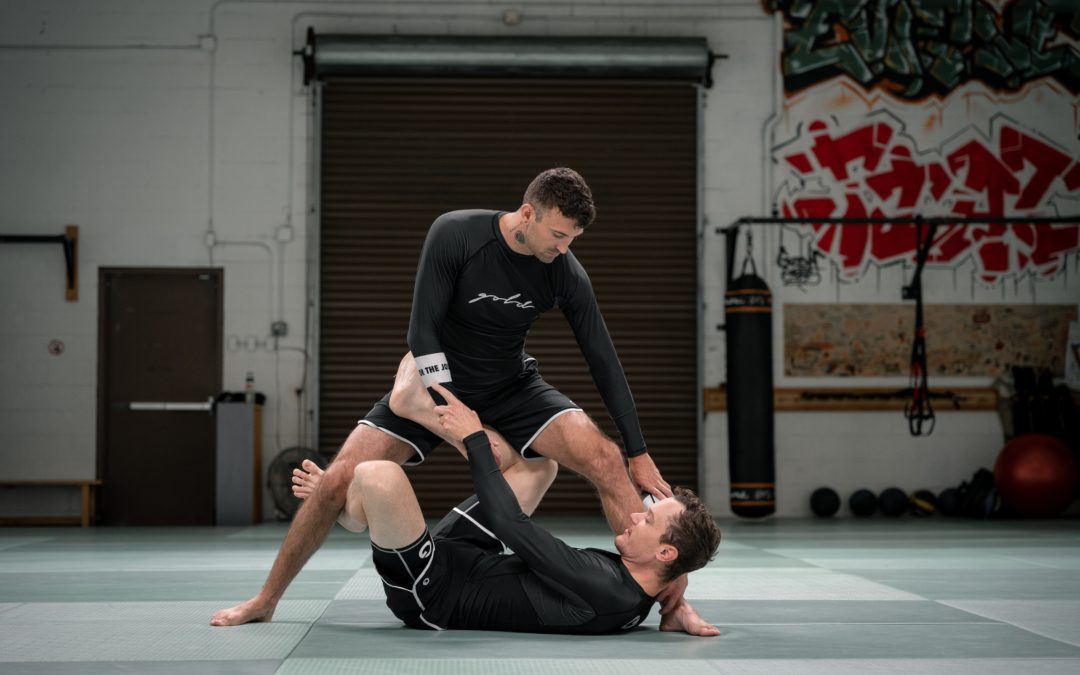Author: Thiago Lopes Genaro
In his book Breathe – a life in flow, Rickson Gracie, one of the biggest names in Jiu Jitsu and one of those responsible for bringing the sport to the United States, narrates a curious scene from his adolescence. Rickson tells of being involved, one afternoon, in a fight, in the streets of Rio de Janeiro. But he doesn’t exactly talk about the punches and kicks he took, but the feeling of despair he felt. The feeling of losing control. Of not being able to breathe or think and act calmly in the face of that tense moment.
He came home all hurt and asked his brother to wrap him in a rug.
– What do you mean by “rolling up in a rug”?
– That’s right you understood. I’m going to lie down on the floor and I want you to wrap me up so tight in a rug I can barely breathe.
In the 40 degree summer in Rio de Janeiro (104 degrees Fahrenheit), curled up in a rug, barely
able to expand his lungs to breathe, Rickson understood the meaning of finding comfort in discomfort. He understood that if he let despair take over his mind, he would lose control of the situation. He breathed, controlled his impulses and remained on the rug for a long time, to his brother’s surprise.
The doctor’s training is generally directed to healing, to the immediate solution of problems. We are trained to quickly resolve a urinary tract infection with an antibiotic, or an appendicitis with an appendectomy. It is often uncomfortable for the physician to deal with chronic situations.
Choosing to work with Bipolar Disorder took me through this discomfort zone. I learned that patience is an important ally in treatment. I learned not to feel frustrated with the introduction of lithium and, in the follow-up visit, the patient tells me:
– Doctor, I’m still depressed.
Disappointed yes, frustrated no. I learned to conduct the case without impulse and to convey this tranquility to the patient. Tranquility does not mean not acting. Rickson Gracie teaches jiu jitsu to be calm, resilient in the face of an armlock or a
choke. Knowing the science behind the medications used in Bipolar Disorder brings that peace of mind.
Recognizing small victories and valuing moments of emotional stability lead me to more constructive work with patients. It is our job as psychiatrists specializing in bipolar disorder to convey that reassurance.
Recently, Rickson Gracie was diagnosed with Parkinson’s disease. Perhaps, Parkinson is one of the toughest opponents of his life. In a recent interview, Rickson talks about the ease with which he received the diagnosis and the tranquility with which he has been taking the treatment. A tranquility that involves medicine, regular appointments with doctors, better days and worse days. But without despair. Comfort in discomfort. Learning from a Carioca summer.


